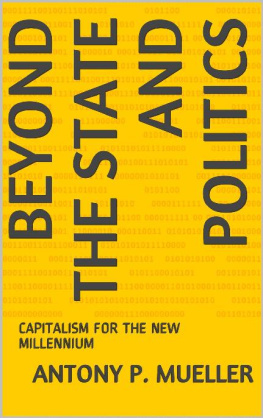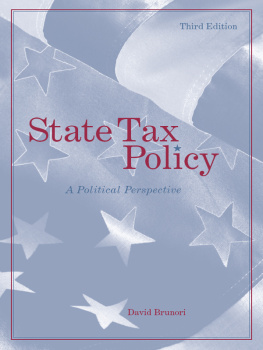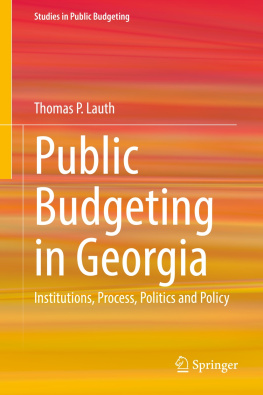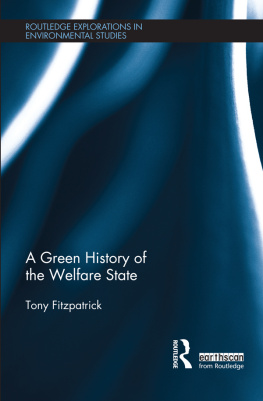Molly C. Michelmore - Tax and Spend: The Welfare State, Tax Politics, and the Limits of American Liberalism
Here you can read online Molly C. Michelmore - Tax and Spend: The Welfare State, Tax Politics, and the Limits of American Liberalism full text of the book (entire story) in english for free. Download pdf and epub, get meaning, cover and reviews about this ebook. year: 2011, publisher: University of Pennsylvania Press, genre: Politics. Description of the work, (preface) as well as reviews are available. Best literature library LitArk.com created for fans of good reading and offers a wide selection of genres:
Romance novel
Science fiction
Adventure
Detective
Science
History
Home and family
Prose
Art
Politics
Computer
Non-fiction
Religion
Business
Children
Humor
Choose a favorite category and find really read worthwhile books. Enjoy immersion in the world of imagination, feel the emotions of the characters or learn something new for yourself, make an fascinating discovery.

- Book:Tax and Spend: The Welfare State, Tax Politics, and the Limits of American Liberalism
- Author:
- Publisher:University of Pennsylvania Press
- Genre:
- Year:2011
- Rating:3 / 5
- Favourites:Add to favourites
- Your mark:
Tax and Spend: The Welfare State, Tax Politics, and the Limits of American Liberalism: summary, description and annotation
We offer to read an annotation, description, summary or preface (depends on what the author of the book "Tax and Spend: The Welfare State, Tax Politics, and the Limits of American Liberalism" wrote himself). If you haven't found the necessary information about the book — write in the comments, we will try to find it.
Taxes dominate contemporary American politics. Yet while many rail against big government, few Americans are prepared to give up the benefits they receive from the state. In Tax and Spend, historian Molly C. Michelmore examines an unexpected source of this contradiction and shows why many Americans have come to hate government but continue to demand the security it provides.
Tracing the development of taxing and spending policy over the course of the twentieth century, Michelmore uncovers the origins of todays antitax and antigovernment politics in choices made by liberal state builders in the 1930s, 1940s, and 1950s. By focusing on two key instruments of twentieth-century economic and social policy, Aid to Families with Dependent Children and the federal income tax, Tax and Spend explains the antitax logic that has guided liberal policy makers since the earliest days of Franklin Roosevelts presidency. Grounded in careful archival research, this book reveals that the liberal social compact forged during the New Deal, World War II, and the postwar years included not only generous social benefits for the middle classincluding Social Security, Medicare, and a host of expensive but hidden state subsidiesbut also a commitment to preserve low taxes for the majority of American taxpayers.
In a surprising twist on conventional political history, Michelmores analysis links postwar liberalism directly to the rise of the Republican right in the last decades of the twentieth century. Liberals decision to reconcile public demand for low taxes and generous social benefits by relying on hidden sources of revenues and invisible kinds of public subsidy, combined with their persistent defense of taxpayer rights and suspicion of tax eaters on the welfare rolls, not only fueled but helped create the contours of antistate politics at the core of the Reagan Revolution.
Molly C. Michelmore: author's other books
Who wrote Tax and Spend: The Welfare State, Tax Politics, and the Limits of American Liberalism? Find out the surname, the name of the author of the book and a list of all author's works by series.








